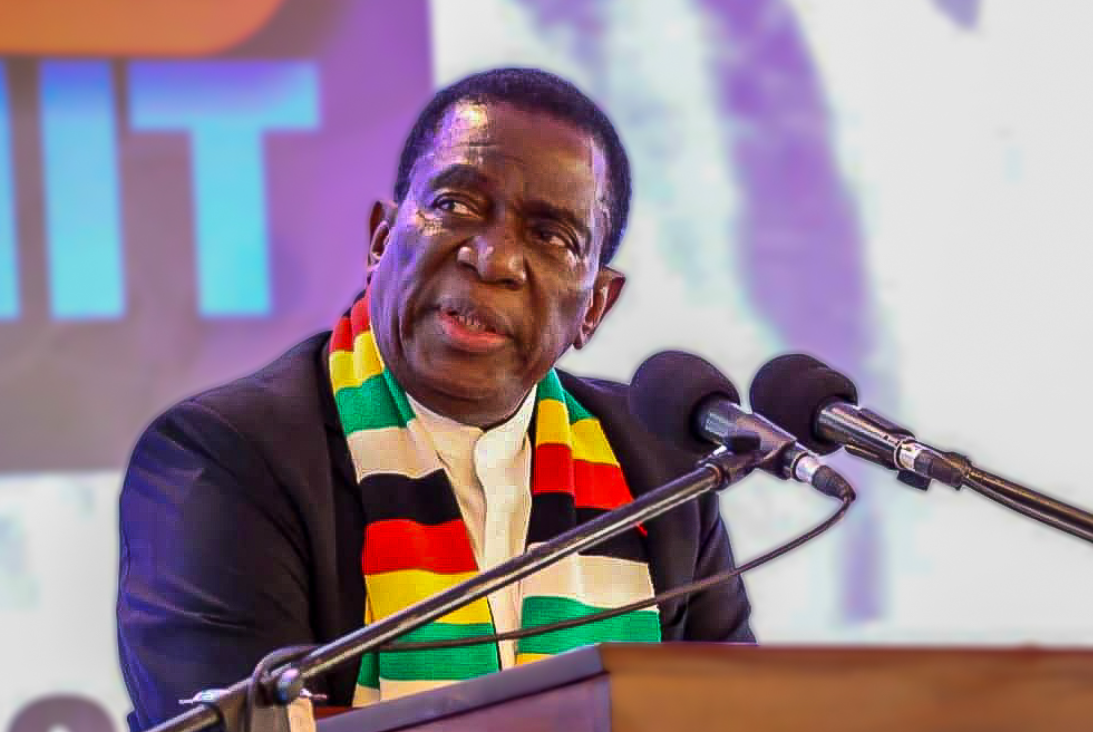Zimbabwe Cigar Factory: Zimbabwe has recently entered the premium cigar market with its first hand-rolled cigar factory named Mosiwatuna, inspired by the local name for the iconic Victoria Falls. The factory, led by Shepherd Mafundiqua, is already exporting cigars to the United States. However, this venture now faces an economic challenge due to the recent imposition of 18% tariffs on Zimbabwean goods by the U.S. under President Donald Trump’s administration.
A New Chapter in Zimbabwe Cigar Industry
Zimbabwe has recently entered the premium cigar market with its first hand-rolled cigar factory named Mosiwatuna, inspired by the local name for the iconic Victoria Falls. The factory, led by Shepherd Mafundiqua, is already exporting cigars to the United States. However, this venture now faces an economic challenge due to the recent imposition of 18% tariffs on Zimbabwean goods by the U.S. under President Donald Trump’s administration.
Since the start of the 2025 tobacco marketing season on March 5, Zimbabwe has earned US$678.3 million from the sale of 220.6 million kilogrammes of flue-cured tobacco
Zimbabwe’s Tobaco board says: “The TIMB Board and Executive Management are on a knowledge exchange tour of a licensed Cannabis producer’s farm. This is to explore the exciting potential of cannabis as an alternative cash crop for Zimbabwe’s tobacco growers. As we continue implementing the Tobacco Value Chain Transformation Plan (TVCTP), one key pillar is diversification. The vision”
“30% of tobacco farmers’ income should come from alternative and alternate crops. Medical cannabis presents a unique opportunity for growers to expand their income streams, tap into global markets, and build resilience against climate and market shocks while contributing to Zimbabwe’s agricultural growth and industrialisation.”
Export Hopes Hinge on U.S. Tariff Policy
These tariffs have increased export costs significantly, potentially threatening the competitiveness of Zimbabwean cigars in the U.S. market. “It’ll mean a whole lot for us because we will then be able to be competitive in the US market,” said Mafundiqua. “Exporting our cigars to the US and with reduced export costs, it will make our products very competitive.”

Zimbabwe’s Response: Slashing U.S. Import Duties
In response, the Zimbabwean government has announced plans to suspend import duties on goods coming from the United States. Officials argue that this move is not just about increasing trade but also part of a broader diplomatic effort to rebuild relations with Washington. The U.S. exports machinery, pharmaceutical products, and agricultural goods to Zimbabwe, while Zimbabwe mainly sends steel components, tobacco, and sugar to the U.S.
The President of Zimbabwe says: “The principle of reciprocal tariffs, as a tool for safeguarding domestic employment and industrial sectors, holds merit. However, the Republic of Zimbabwe maintains a policy of fostering amicable relations with all nations and cultivating adversarial relationships with none. In the spirit of constructing a mutually beneficial and positive relationship with the United States of America, under the leadership of President Trump, I will direct the Zimbabwean government to implement a suspension of all tariffs levied on goods originating from the United States. This measure is intended to facilitate the expansion of American imports within the Zimbabwean market while simultaneously promoting the growth of Zimbabwean exports destined for the United States. This action underscores our commitment to a framework of equitable trade and enhanced bilateral cooperation.”
Limited Presence of U.S. Goods in Zimbabwe
Despite this initiative, American goods remain relatively scarce in Zimbabwe. Most consumer goods in the country are imported from China and neighboring South Africa, making U.S. products a rare sight on store shelves. Analysts believe that Zimbabwe’s decision to lift import duties is not purely economic. It is also seen as a strategic political maneuver aimed at mending decades of strained diplomatic relations with the United States—tensions largely rooted in Zimbabwe’s controversial land reform policies and a history of alleged human rights abuses.
Political Dimensions of Trade Policy
On the political side, officials see this as part of the country’s “re-engagement with the western nations.” One government spokesperson commented, “That in my view should help in terms of thawing the frost relations between Zimbabwe and the West in general, but also the U.S. in particular, which is critical in terms of reducing our high political risk factor.”
Tobacco Industry Sees Opportunities in U.S. Market
Business leaders are optimistic. Maun, a director at a tobacco company, believes that the U.S. market is a logical target for Zimbabwe’s exports. He highlighted the country’s strength in tobacco production: “In Zimbabwe, as you know, we grow what we call flu-cured Virginia. It is the flavor to which all finished products maintain in terms of tobacco. We are important in the value chain globally as the second largest manufacturer of flu-cured Virginia.”
Economic Risks of a U.S.-Centric Policy
However, not everyone is convinced that this approach will pay off. Some economists caution that Zimbabwe’s main trading partners—namely the United Arab Emirates, China, and South Africa—could demand changes to their own tariff agreements if Zimbabwe is seen to be favoring the United States. This could create a ripple effect, complicating the country’s existing trade dynamics.
As Zimbabwe aims to navigate this complex geopolitical and economic landscape, businesses like Mosiwatuna hope that a reduction in U.S. tariffs will soon follow the country’s gesture. Only time will tell if this strategy succeeds in fostering better bilateral ties and securing a foothold for Zimbabwean products in the lucrative American market.

